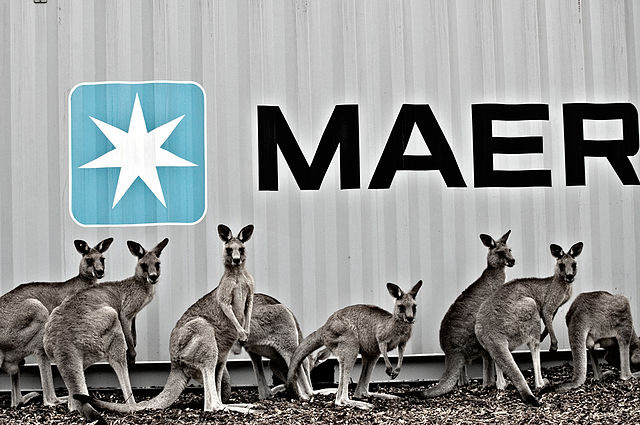The Australian government recently announced that they are bringing back their fumigation requirements for containers and cargo coming into the country. The Australia fumigation requirement has been necessary every year from Sep-Apr. These requirements keep contaminants from abroad out of the country and affect all shipments in.
So what does this mean for companies and individuals either moving to Australia or shipping vehicles/cargo? To start, let us first look at what the Australian fumigation requirement entails. Then we’ll look at how this affects those trying to bring goods and cargo into the country.

What is Fumigation for Australia and New Zealand
To start fumigation is when chemicals are used to compound and eradicate any suspect insect or infestation within a container and its cargo. The process involves “tenting” a container and releasing these chemicals into the tent. This then effectively kills off any prohibited worries that were the subject of the fumigation in the first place.
Australia and New Zealand Fumigation Requirements 2019-2020
In Australia and New Zealand, the port authorities work very hard to prevent any foreign inbound insects/bugs/bacteria and living organism from entering while piggybacking on cars/boats/bikes and general cargo that is being shipped in via container or Roll on Roll off.
The “marmorated stink bug” is an organism that their governments fumigate for. This US bug does not live in Australia and New Zealand naturally. If the parasite passed through customs, it would affect the entire ecological balance in either country.
So to prevent this, all containers and RORO cargo from Sept 1st 2019 through end of April 2020 have to be fumigated within 72 hours prior to loading on the vessel.
Acquiring a Fumigation Certificate for Export
So what effect does this have on our operations in the US and how does it affect the individual?
Shipping companies and freight forwarders need tighter control on the pickup and return of containers from the terminals. There is only 5 free days with the container before it needs in-gating back to the terminal for loading on the next vessel.
We therefore need to coordinate the pickup, loading, then run the container to the fumigation yard for 24 hrs. Then we pick up again, to have the cargo back in time, along with the necessary fumigation certificate to accompany the shipping documents.
Once cleared, the fumigation certificate goes with all documents to the receiving agent in Australia or New Zealand. The certificate also goes by pest control certificate and confirms the shipments fumigation. Agents need these documents to prove to the quarantine officers that we followed all shipping procedures. As a result, we clear Oceania’s customs and the vehicle or goods are free to enter the country.
So essentially for the individual, the real difference comes in the cost and time frame. The fumigation process comes with additional costs and delays the shipment until approved.
Shipments to Australia and New Zealand are still very common and we complete this process with ease. Clients will just need to know about the fumigation when booking during this season for clearer communication.
More Info
For more fumigation information on this current issue, click on the links below.
Australian Government Biosecurity Page
Update from Hamburg Sud and Australian Government
Fill out our Online Quote Form or call in at 562-408-6677 to start your shipment to Australia today!






